Closed door court would make ex-cop ‘scapegoat’ for Tyrrell failure, lawyer claims
A Spider-Man suit was planted on the route a key person of interest in the William Tyrrell investigation walked regularly to gauge how he would react, a court has heard.
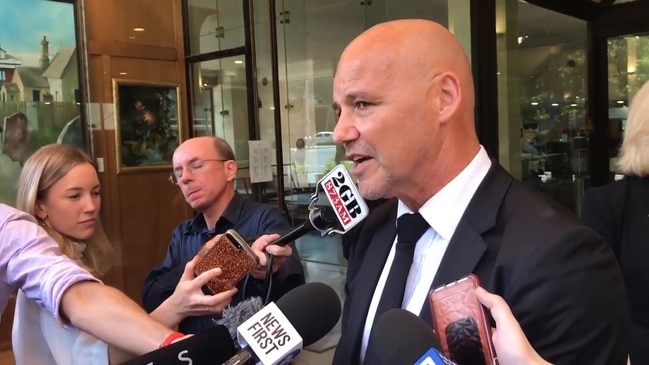
NSW
Don't miss out on the headlines from NSW. Followed categories will be added to My News.
A Spider-Man suit was planted on the route a key person of interest in the William Tyrrell investigation walked regularly to gauge how he would react, a court has heard.
Unbeknown to Paul Savage, the child’s costume was part of a secret homicide investigation strategy and surveillance police were watching his every move.
The lengths police went to in a bid to figure out whether 75-year-old Mr Savage knew anything about William’s abduction in 2014 have been revealed during a court hearing involving the investigation’s former boss, Gary Jubelin.
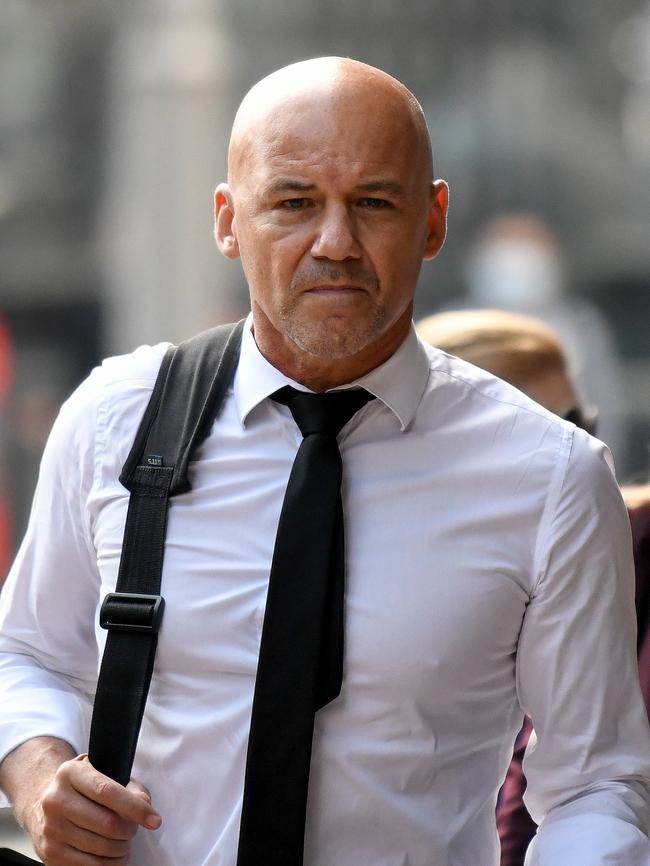
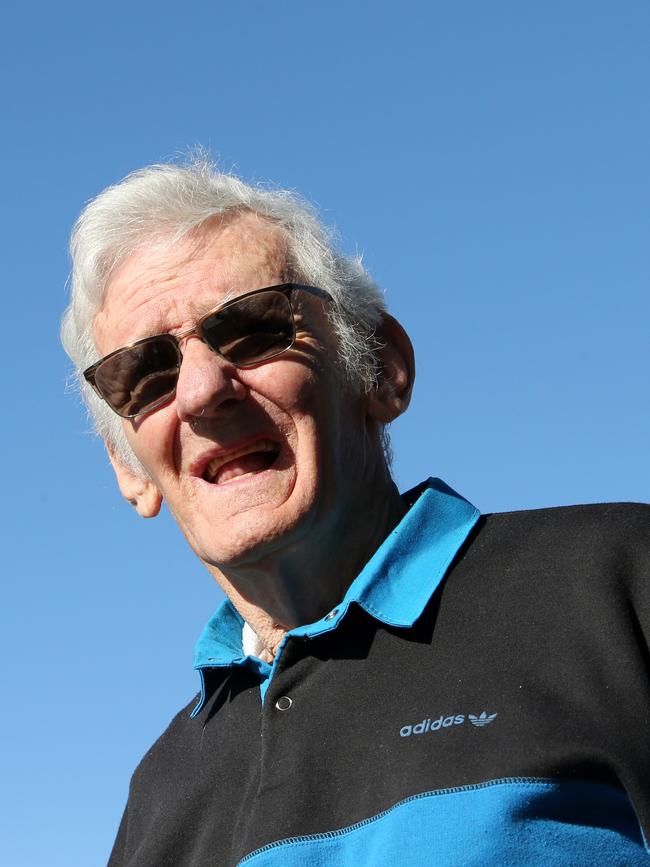
The retired Detective Chief Inspector faced the Downing Centre Local Court on Tuesday accused of recording four conversations with Mr Savage after he emerged as a target in the investigation known as Strike Force Rosann.
Jubelin, who quit the force last year, has pleaded not guilty to four charges.
No charges have been laid against Mr Savage in relation to William’s disappearance.
The court heard Mr Savage lived across the road from where three-year-old William went missing while playing in his foster grandmother’s backyard on Benaroon Drive in Kendall on the Mid North Coast.
MORE NEWS
Greens leader Richard Di Natale quits for ‘family reasons’
Driver pleads over cricketer’s mum death
Aussies evacuated from virus-hit Wuhan
Crown Prosecutor Philip Hogan said Mr Savage was home when the toddler disappeared and helped for a short time with the initial search.
In May, 2017, police had a warrant to tap Mr Savage’s phones and put listening devices inside his home.
Two months later, in a move dubbed the Spider-Man suit strategy, police strategically placed a costume, similar to the one William was wearing when he disappeared, on a bush track Savage frequently walked on.
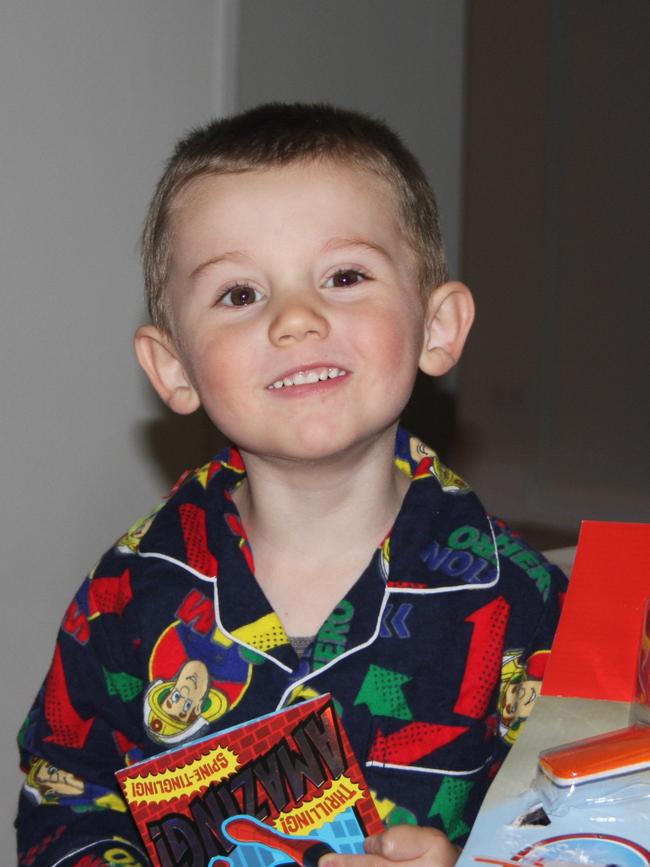
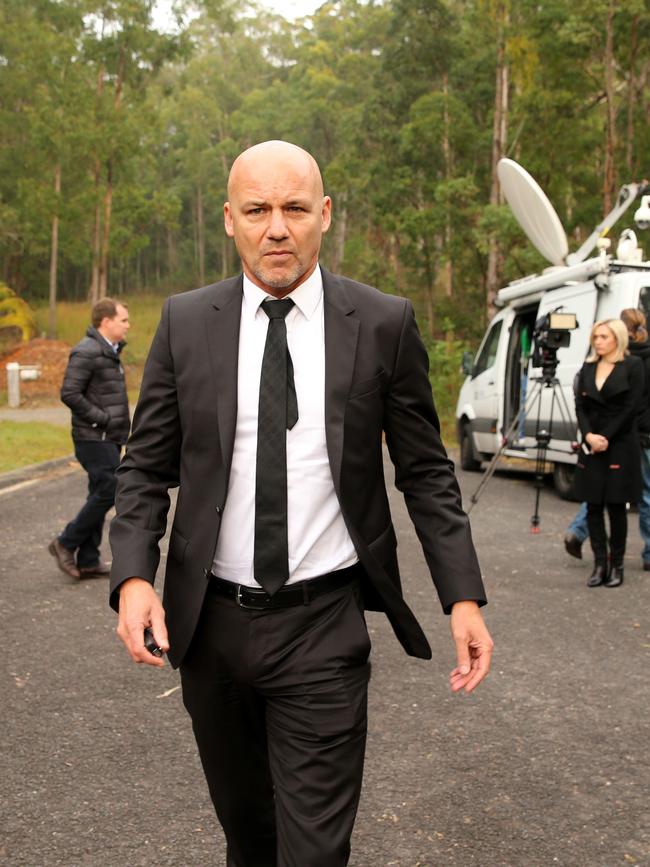
There were surveillance cameras that captured Mr Savage in the area near where the suit was placed, Mr Hogan said, for 12 seconds.
However, there was a question mark over whether Mr Savage saw the suit on that day, July 26, 2017 or the following day, when he reported finding it to police.
On four occasions over the following 18 months, Jubelin allegedly used his phone to record conversations with Mr Savage, including one phone call and three face-to-face conversations.
In November, 2017, Jubelin called Mr Savage from police headquarters at Parramatta and by that point the telephone intercept warrant had expired.
Mr Hogan said Jubelin told another detective to record the call while his phone was on speaker.
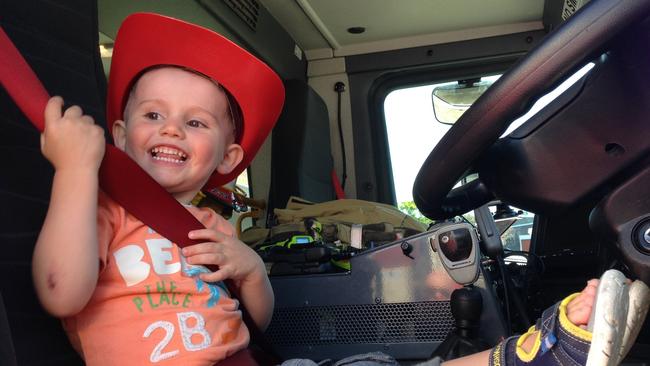
In May, 2018, Jubelin used his phone to record two further conversations with Mr Savage at his house.
“It’s the prosecution case that was not a surveillance device that was authorised under the warrant to record that private conversation,” Mr Hogan said.
Then in December that year, Jubelin recorded another conversation with Mr Savage after the 75-year-old called him to complain about the state police had returned his car in.
The car had been seized for forensic examination and there was fingerprint dust left on it.
Jubelin was on leave but went around to his house anyway.
Mr Hogan said by that point, the surveillance device warrant police had obtained was expired.
In his defence, Jubelin claimed during a later police interview, Mr Hogan said, that he was protecting his lawful interests.
That was because Savage had complained about the conditions of a previous police interview – the aircon was too cold and he didn’t have water – and might complain again.
There were also operational reasons, the court heard.
“The crown case is that the lawful interest that Mr Jubelin asserts is not recognised by cases dealt with in the statue,” he said.
The court heard Jubelin allegedly asked a detective to transcribe one of the recorded conversations but like it had been obtained under a warrant.
Detective Sergeant Laura Beacroft, who worked on the investigation for more than two years, was the first witness called to give evidence.
She confirmed the quality of recordings from the listening devices inside Savage’s home “weren’t great” and he sometimes spoke to himself and his dead wife.
Earlier in the day, defence barrister Margaret Cunneen SC argued an attempt by the NSW Police Commissioner to suppress key evidence would intimate that Jubelin’s alleged offences were “the reasons for the failure of the investigation”.
“He would be set up as a scapegoat for that failure,” she said.
The hearing continues before Magistrate Ross Hudson continues.

